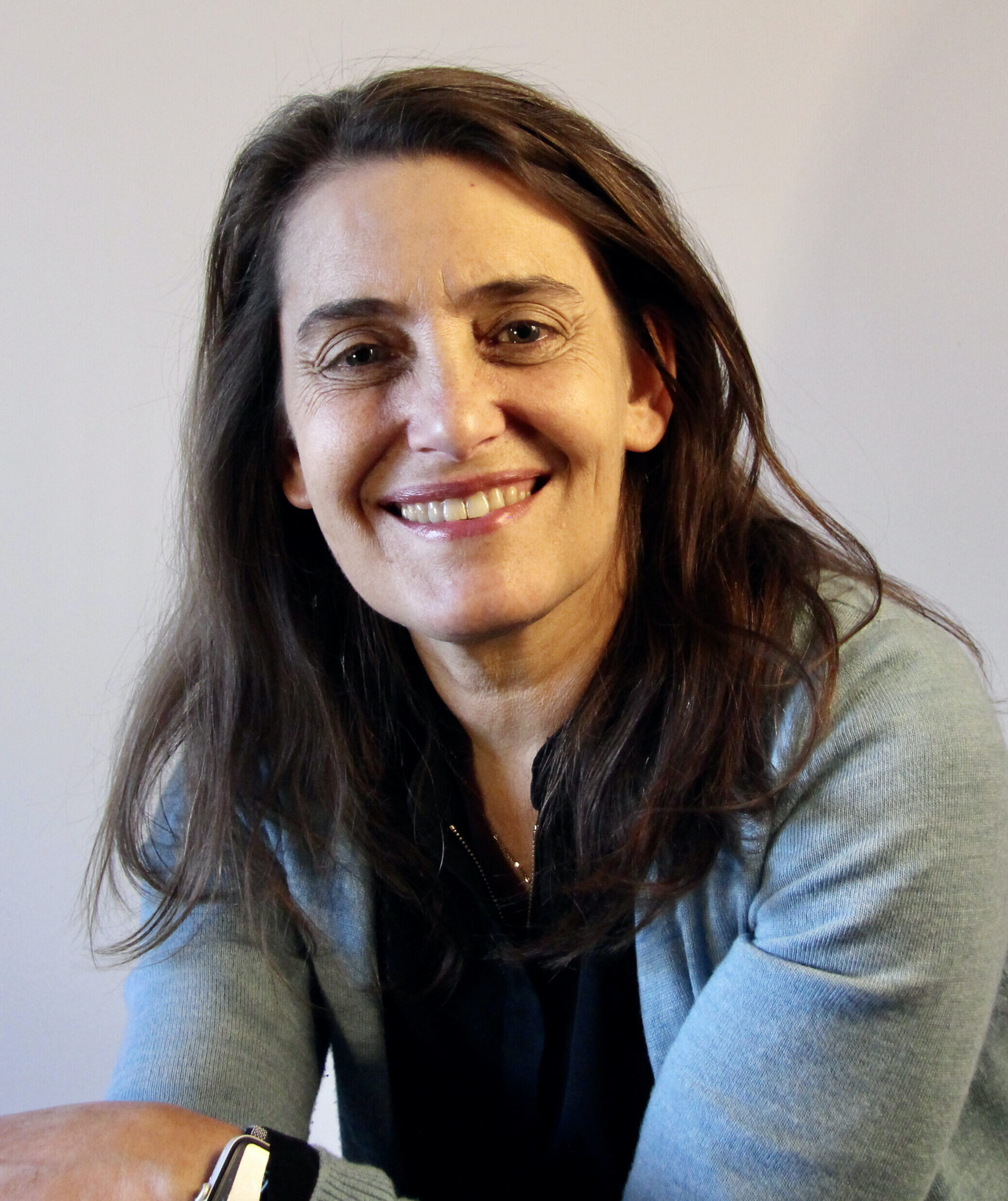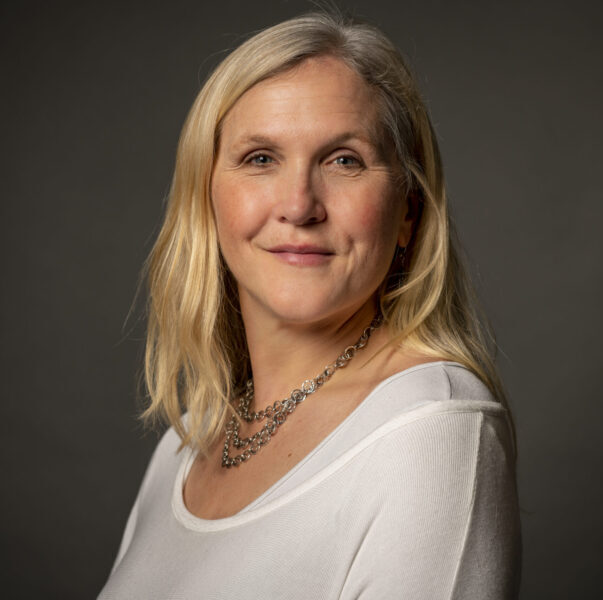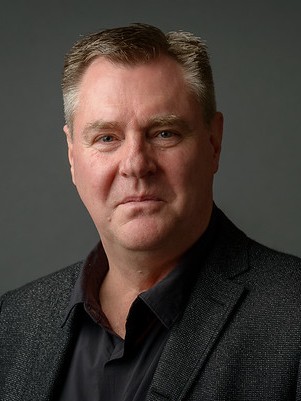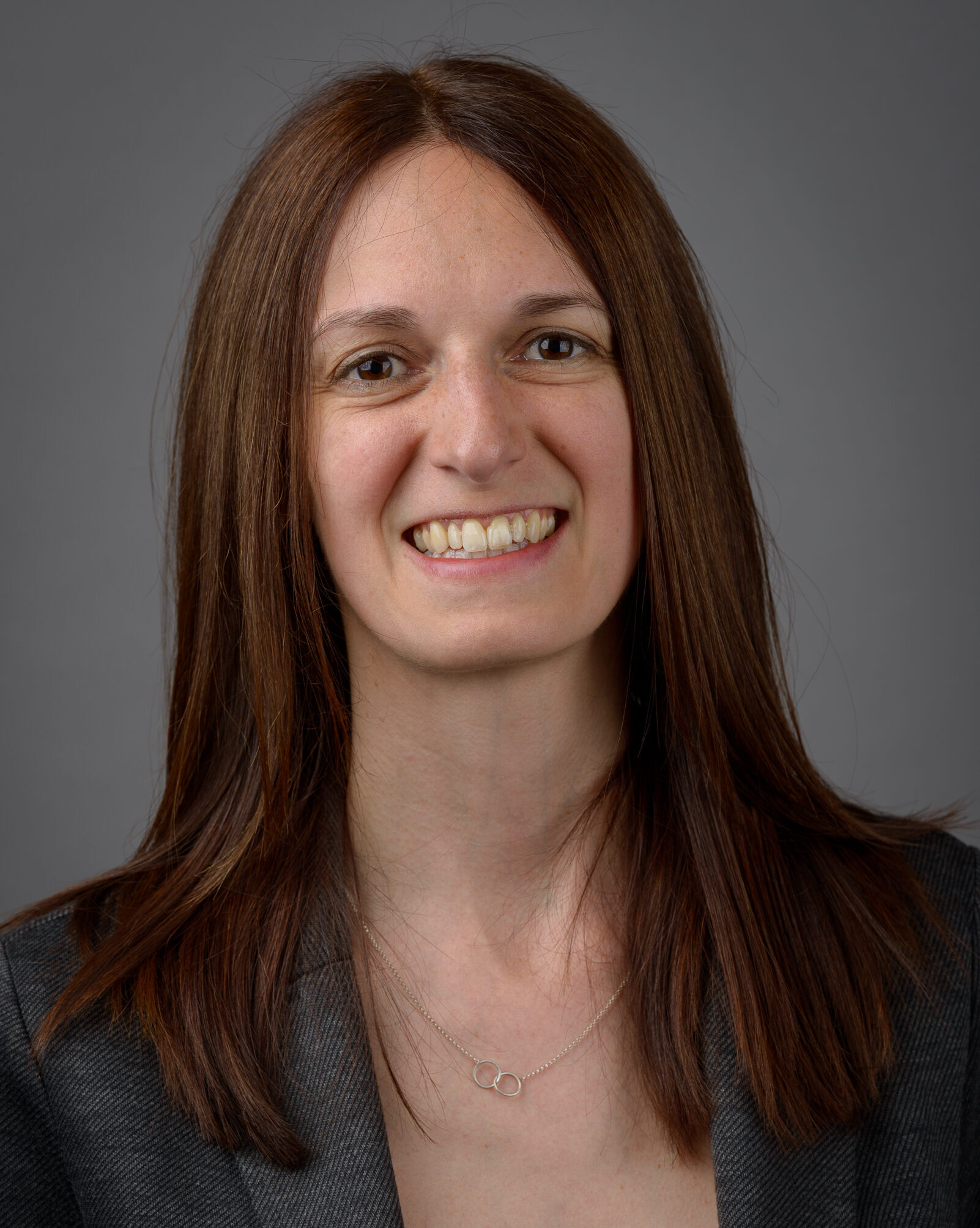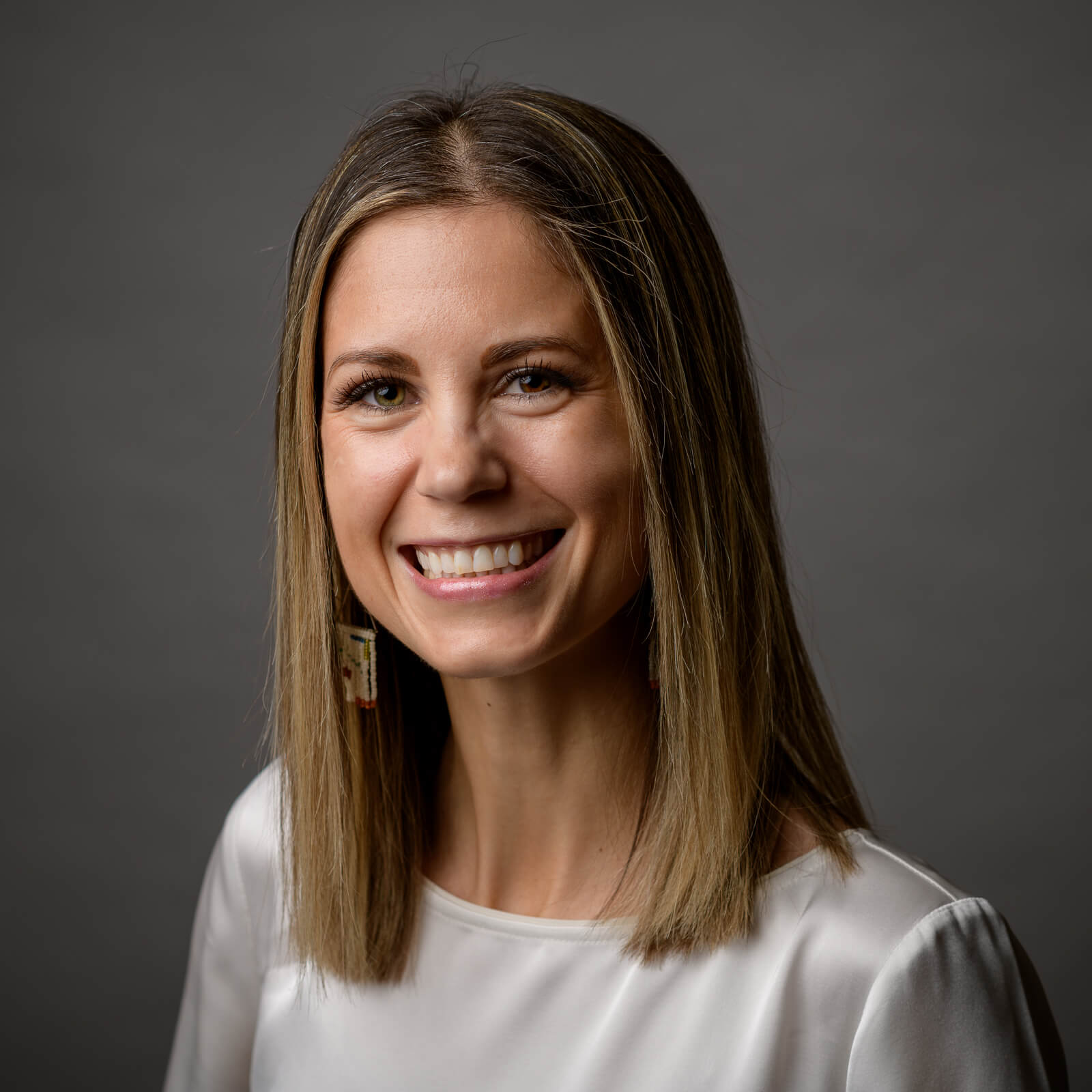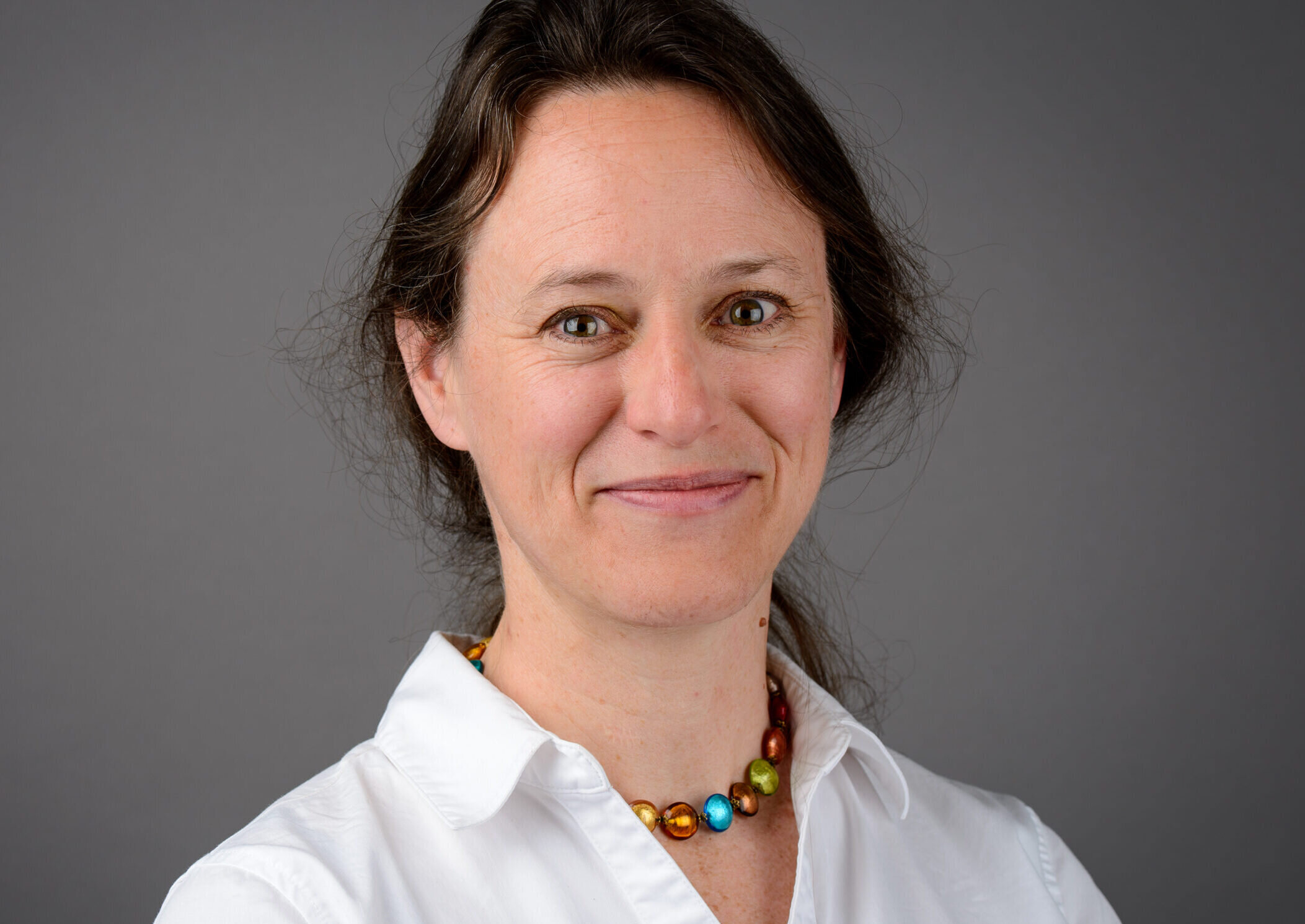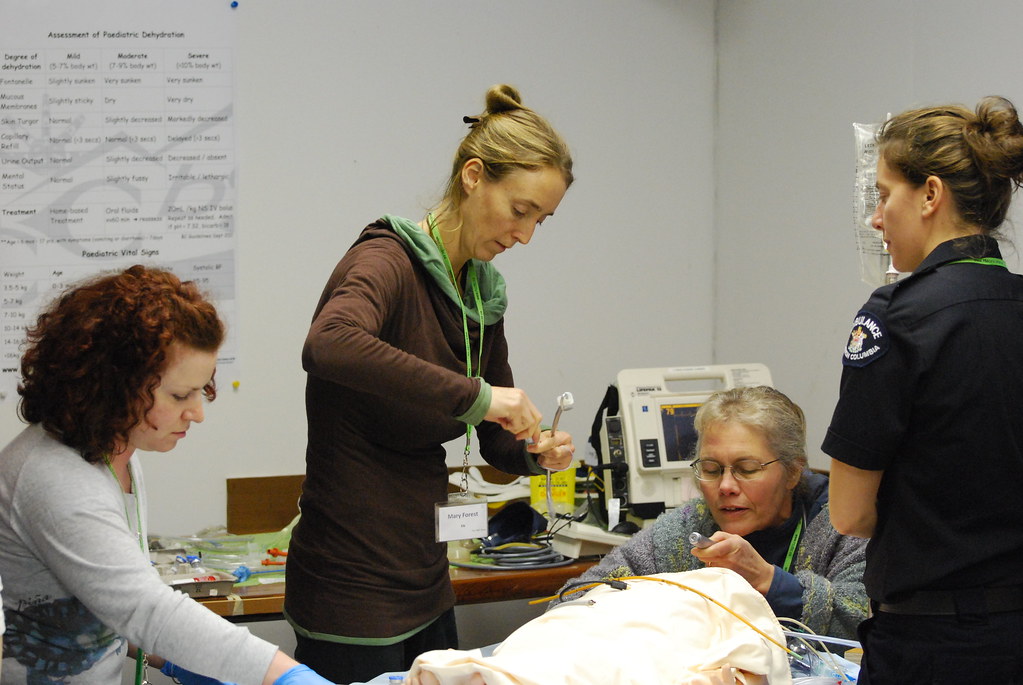Quality Team Coaching for Rural BC (QTC4RBC) is a coaching program that empowers teams to regroup and reconnect with their purpose and take steps toward building their desired team culture and advancing their chosen goals. When healthcare teams are able to rekindle joy and meaning in their work, they are more able to create a positive work environment, optimize their team’s performance, and increase the quality and safety of care for patients.
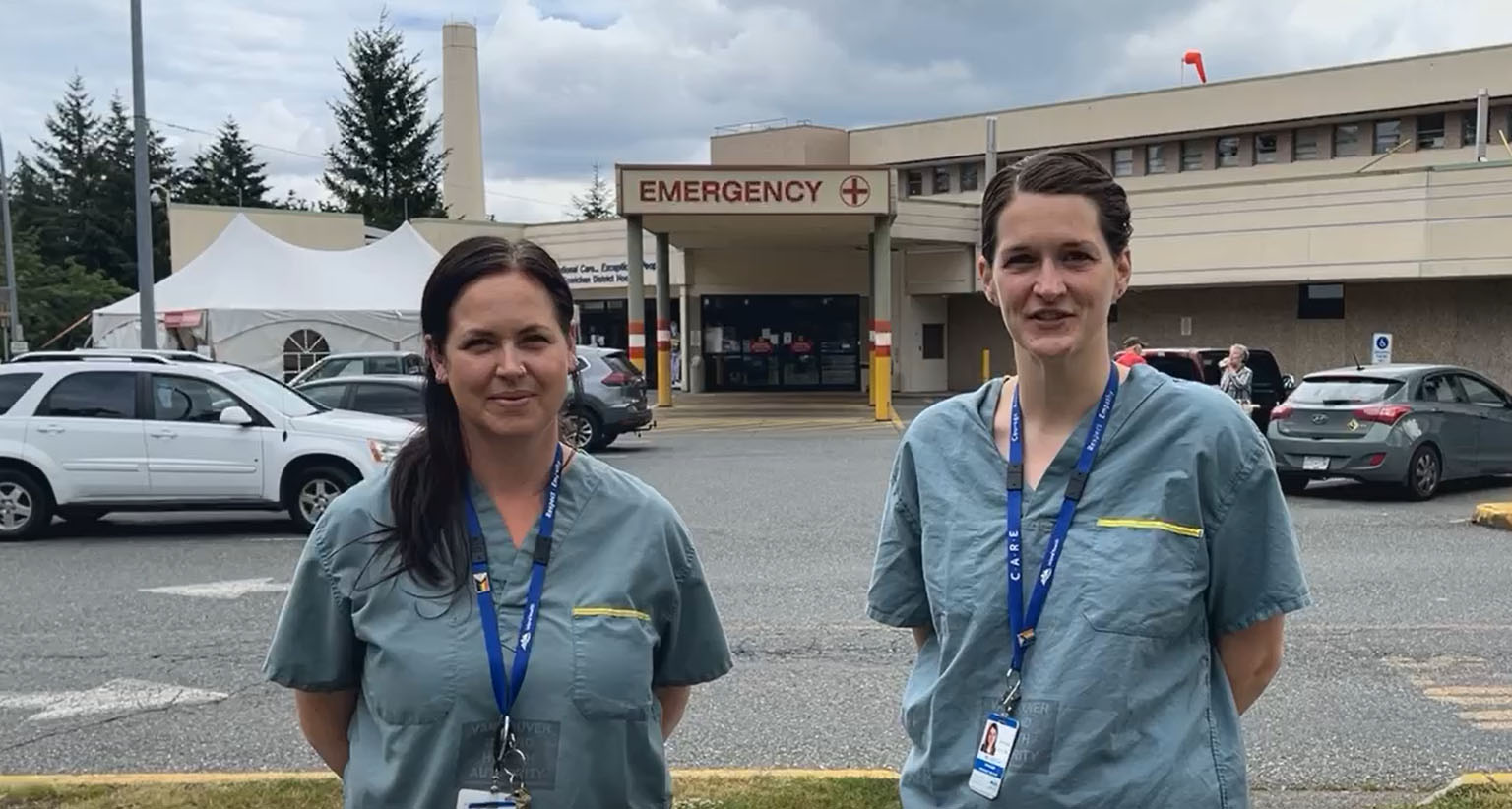
“Change can come from any part of the team.”
Dr. Ava Butler
What does QTC4RBC provide?
Teams enrolled in the program will participate in:
- A one day in-person coaching workshop in your community with certified professional coach to lay the foundation for coaching towards highly effective teams. Coaches currently working with QTC4RBC are Dr. Rahul Gupta, Dr. Cecile Andreas, and Dr. Tom Wright. Elements addressed will include: Supportive communications, psychological safety, self and situational awareness, shared leadership, shared mental models, fostering a learning culture, and more.
- Up to four 1.5 hour virtual team coaching sessions in the months following the workshop. Team coaching sessions are an opportunity for your team to clarify through a team coaching process what they want to accomplish together and how they will do it.
- Up to three leadership coaching sessions in between team coaching sessions. Recognizing the role of leadership in fostering and sustaining change, the program offers coaching for team leadership.
If applicable, to assist with moving forward, QTC4RBC may also facilitate connections with other resources, funding, training or coaching opportunities that the team identifies would support them to meet their goals.
Please note that while QTC4RBC covers the cost of the coaching and the coach travel and catering for the one-day workshop, the program is not able to provide sessional funding for time participating in the program.
QTC4RBC has been certified for up to 31.5 Mainpro+ credits/10.5 MOC Section 3 hours for physicians participating in the workshop and team coaching and up to 40.5 credits/13.5 MOC hours for those additionally participating in leadership coaching.
Who should apply?
Rural healthcare teams who want to work with a coach to get clear about their team vision and how they can move towards it.
A team is a group of people who work together towards a common purpose, who depend on one another to fulfill the functions and responsibilities of the team, who demonstrate mutual support and are mutually accountable for reaching team goals. QTC4RBC accepts applications from teams of up to 12 individuals, however, please contact us if your team looks a bit different.
We welcome a variety of types of teams to submit their application. See below for examples of teams and what they might be interested in working on through this program.
Eligibility
To be eligible, applications must meet the following criteria:
- While any rural healthcare team is welcome to apply, expressions of interest from teams in RSA A or B communities will be prioritized.
- Teams must be interprofessional and at least 20 percent of the team must consist of physicians. (For teams under eight members, there must be at least one physician.)
- Attendance and active participation for the duration of the program is required from one clinical leader and one operational leader, each with decision-making power and resources to enact change and support the team.
- Up to 12 team members can participate.
- The application must demonstrate that the team members who would participate in the program have been engaged and are committed to participating.
- Team members must be available to participate in a one-day in-person workshop in 2024 between April and June and up to four virtual coaching sessions that would be scheduled with your team between the date of your workshop and no later than March 2025.
In alignment with program commitments to equity and supporting underserved populations, priority may be given to:
- Applications from teams that include members who are recent graduates or new-to-practice in rural British Columbia
- Applications from teams that include members from one or more First Nations community healthcare team(s) or service areas with significant Indigenous populations
- Applications from teams that include a solo practice specialist
- Applications from teams with new allied health care providers into the model of care
Case study: ER team in Duncan, British Columbia
Expressions of interest
QTC4RBC will be accepting Expressions of Interest for the 2025/26 cohort in the fall of 2024.
- Expression of Interest Form
- Letter of support and attendance confirmation from a clinical leader with decision-making power and resources to enact change and support the team
- Letter of support and attendance confirmation from an operational leader with decision-making power and resources to enact change and support the team
A letter of support template is available for download here.
Next steps:
If the expression of interest is successful, the team leads will be invited to participate in a discovery conversation with the QTC4RBC team. The purpose of this step will be to discuss the program, the team, the team’s goals and intentions in applying to QTC4RBC and to determine if the program is the right fit. Note that a successful Expression of Interest does not necessarily mean a successful application.
Examples of teams
We welcome diverse teams to submit their application. Below are just a few examples of potential teams and what they might be interested in working on through this program:
- An interprofessional team of physicians and staff who are interested in enhancing their teamwork and running a quality improvement project at their health site.
- A team of midwives, general practitioners, nurses and an obstetrician wanting to increase integration around maternity care, including antenatal care and intrapartum care, and in the operating room for emergent operative delivery.
- A small community of five physicians with various training backgrounds and frequent agency nurses. The Emergency Room (ER) is in transition to a new model and the nurses and physicians are wanting to develop a high-functioning ER team in a highly demanding environment.
- A remote community with two physicians sharing 1 full-time employee (APP) in a diagnostic and treatment centre with two nurses, visiting allied health providers, medical office administrators, and a regular recurring locum. They are already doing inter-professional team rounds and want to take on a larger quality improvement project.
- A team of physicians, a psychiatrist, mental health counsellors, and home detox nurses wanting to start an opioid agonist therapy clinic in their community.
